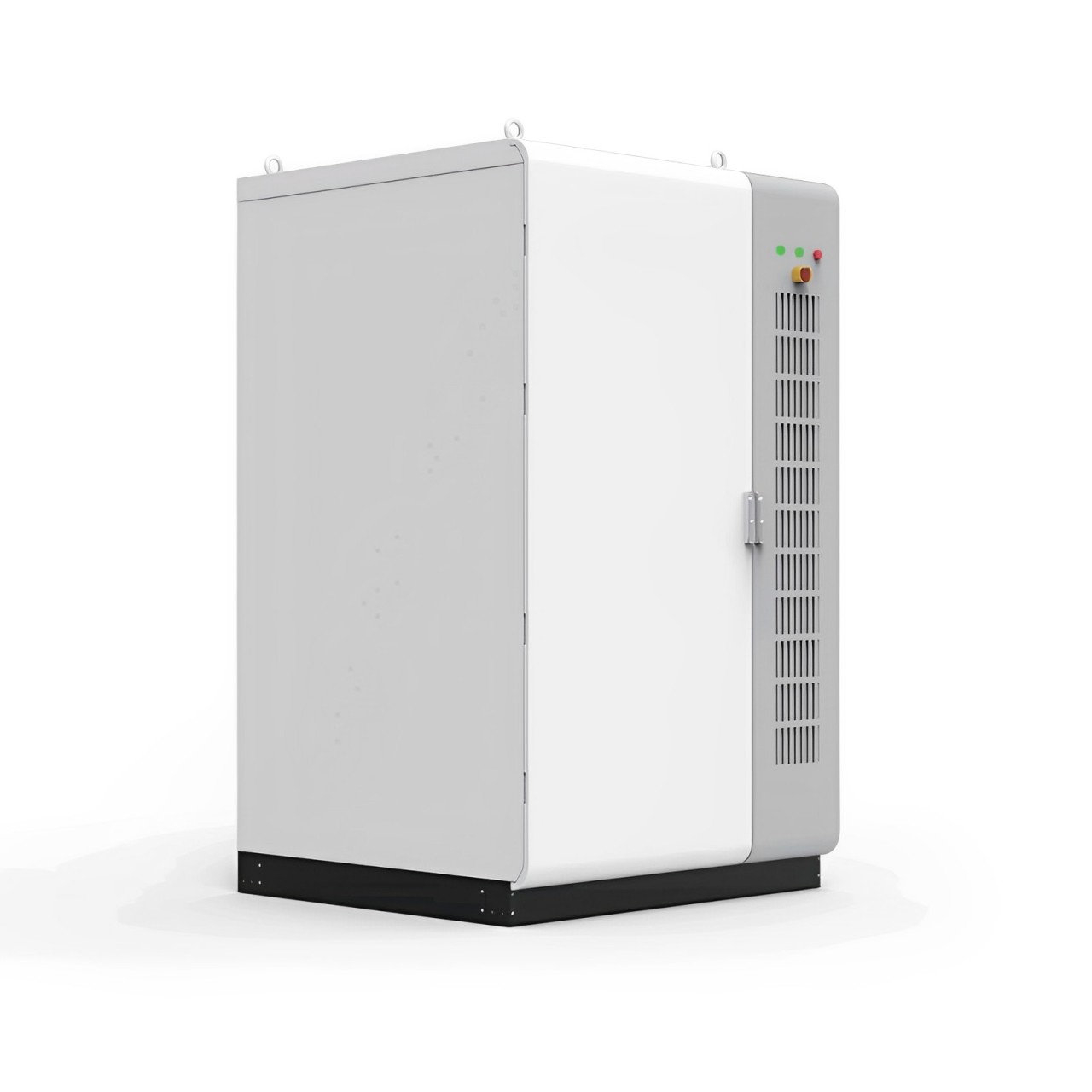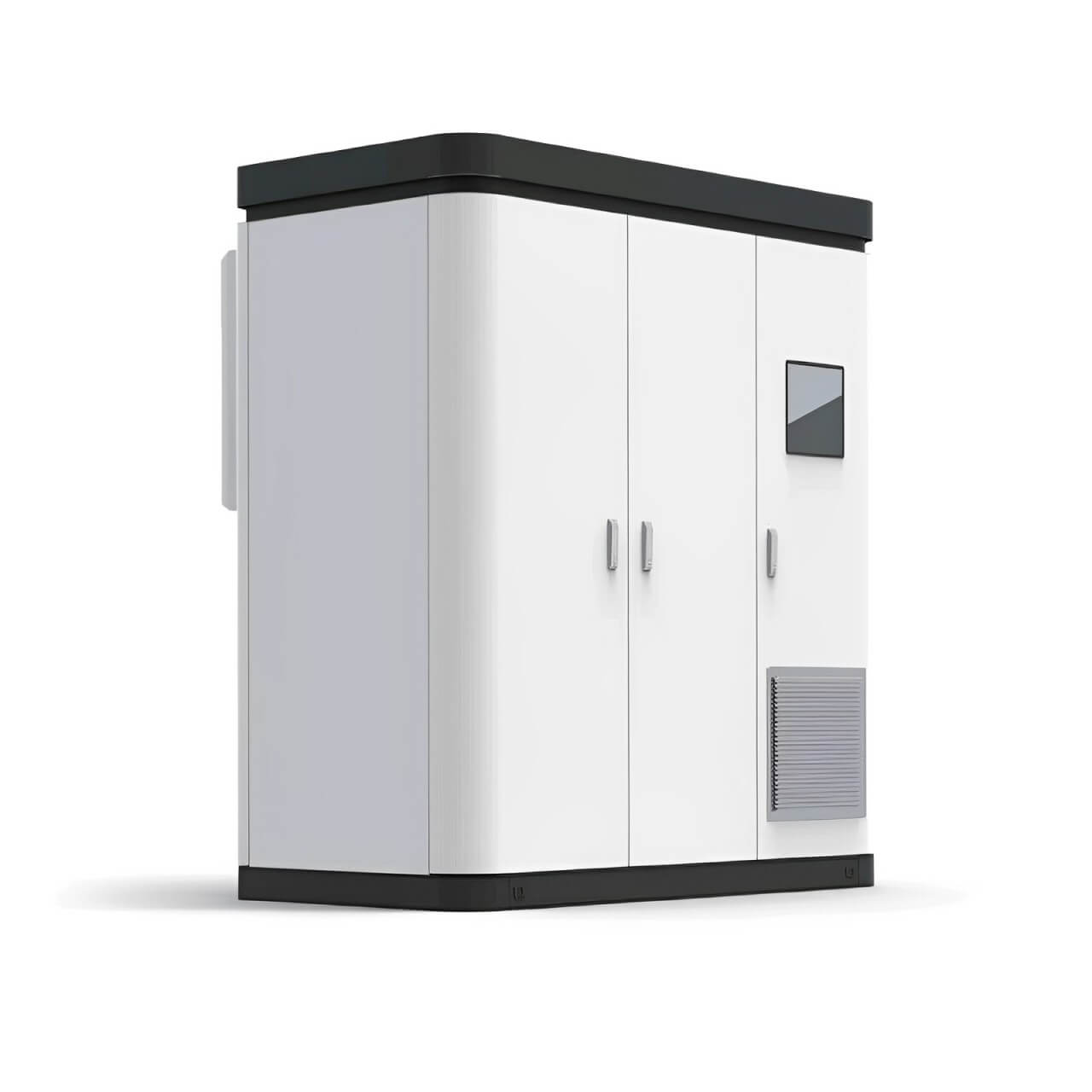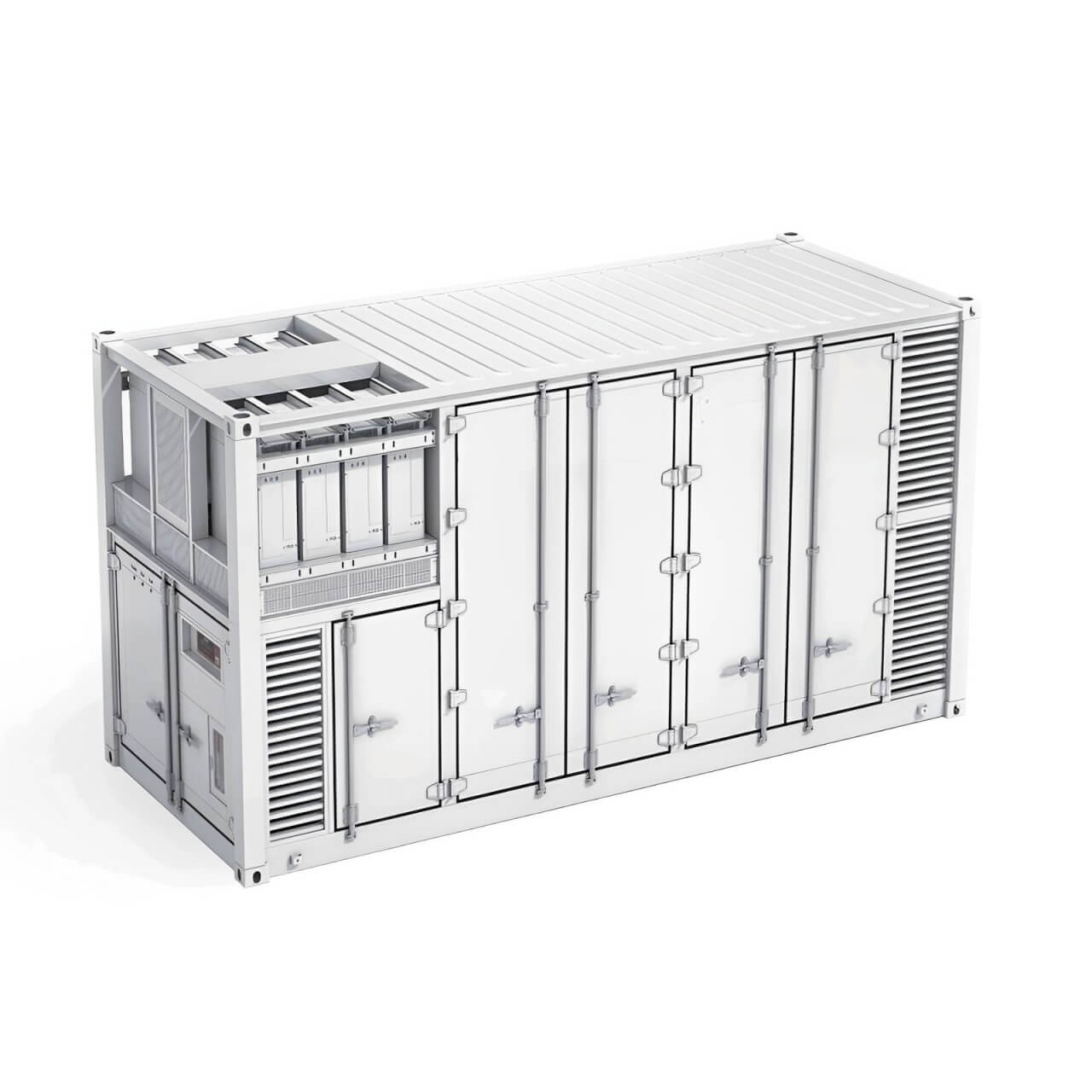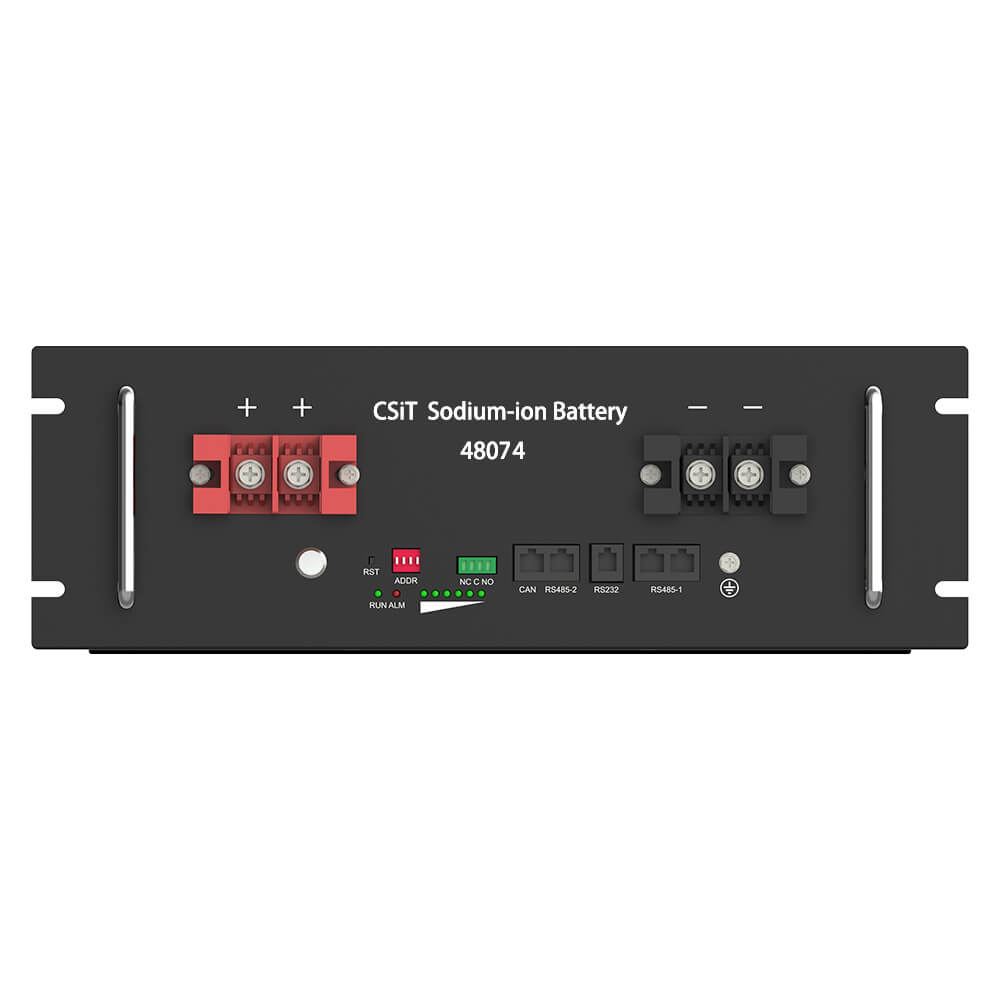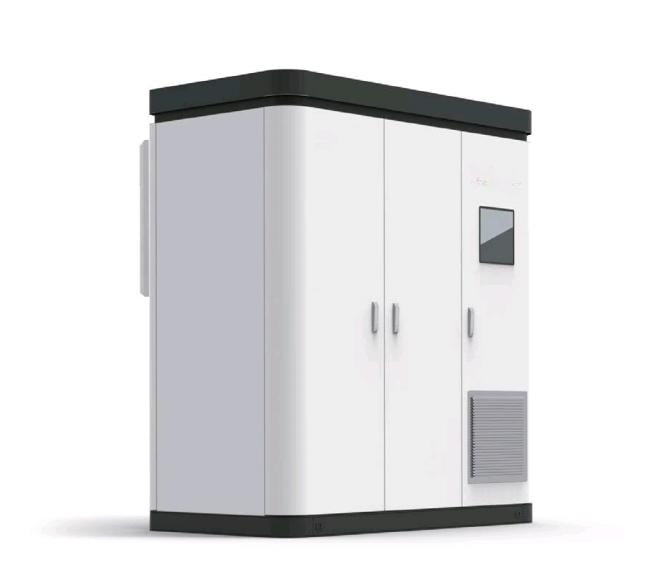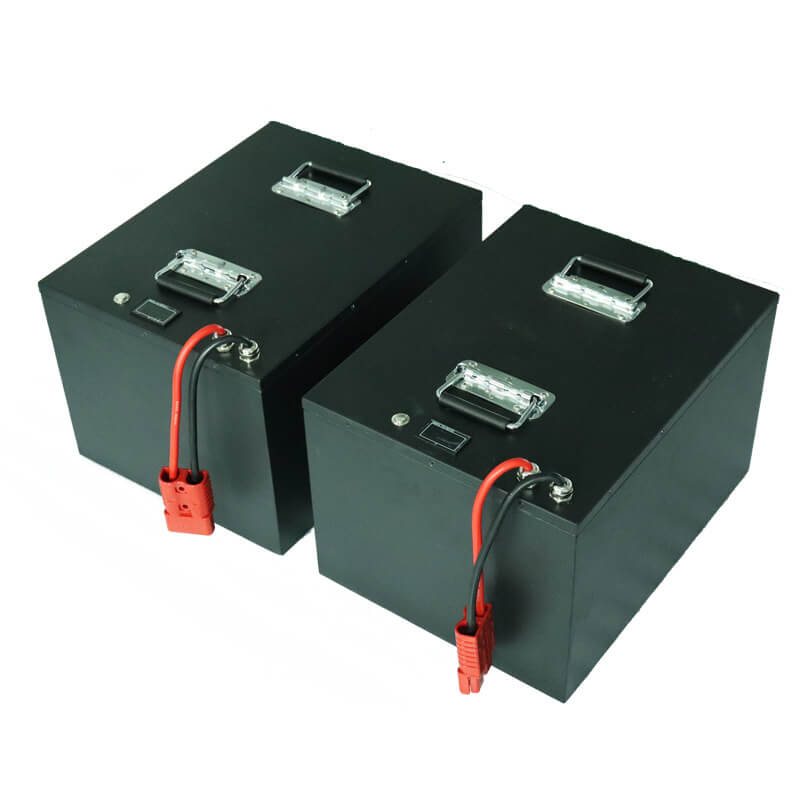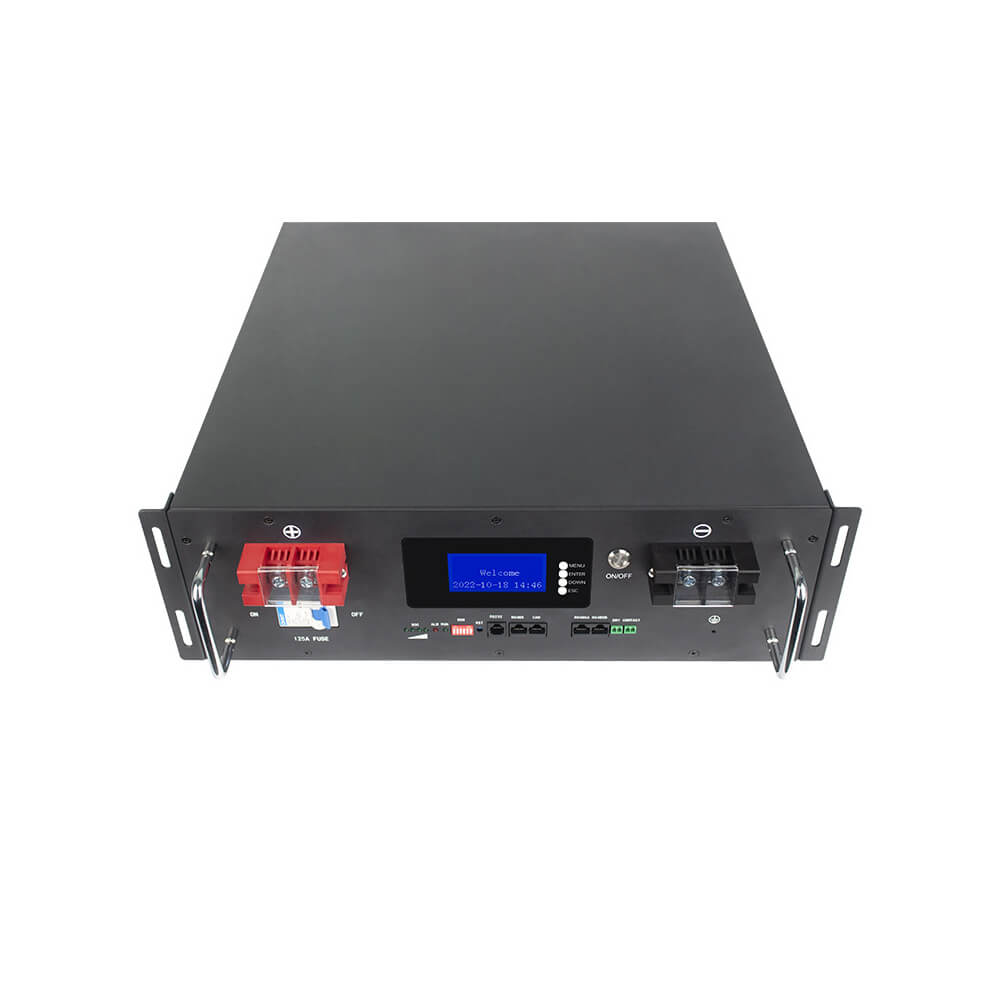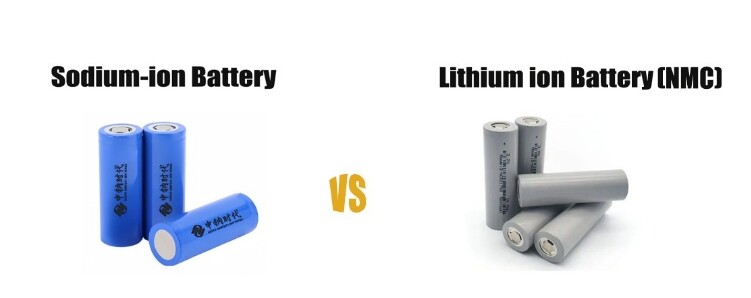Will sodium batteries replace lithium batteries? Exploring the competitive landscape of future energy storage technologies
Sodium batteries have been continuously explored to reduce dependence on lithium resources and develop low-cost, high-safety battery systems. However, due to the large radius of sodium ions, sodium batteries have a natural deficiency in energy density. Nonetheless, sodium batteries may replace lead-acid batteries as one of the main options in scenarios such as backup power, low-speed electric vehicles and energy storage. However, whether they can replace lithium batteries is still a matter of debate? In this article, CSIT China sodium-ion battery manufacturers will express our views on this issue. Before giving an answer, we need to understand a little bit about sodium batteries.
The table below compares the difference between solid batteries and lithium batteries. We hope it will be helpful to you
| Feature | Sodium Battery | Lithium Battery |
| Energy Density | Lower energy density compared to Lithium batteries | Higher energy density compared to Sodium batteries |
| Cost | Cheaper than Lithium batteries | More expensive than Sodium batteries |
| Safety | Sodium batteries are safer, as they do not explode or catch fire easily | Lithium batteries are more prone to catching fire or exploding |
| Environmental Impact | Sodium batteries are more environmentally friendly than Lithium batteries as they use abundant and easily available materials | Lithium batteries require rare metals and minerals, which can have a negative impact on the environment |
| Performance | Sodium batteries have lower performance compared to Lithium batteries | Lithium batteries have higher performance compared to Sodium batteries |
| Rechargeability | Sodium batteries have a shorter lifespan and can be recharged fewer times compared to Lithium batteries | Lithium batteries have a longer lifespan and can be recharged more times compared to Sodium batteries |
| Application | Sodium batteries are suitable for large-scale energy storage applications | Lithium batteries are suitable for portable devices and electric vehicles |
In terms of overall performance, current lithium-ion batteries are still the best of all battery technologies. Lithium batteries have a high energy density and cycle count, which makes them widely used in areas such as electric vehicles and energy storage systems. However, lithium batteries also have many safety hazards, such as overcharging and discharging, short circuits, and other problems, which have led to frequent safety accidents such as fires in energy storage power stations.
Although the development of sodium-ion battery technology is not yet mature, its advantages are obvious. In contrast, sodium batteries have higher safety and lower cost. The safety of sodium-ion batteries is much higher than that of lithium batteries, and they can do without fire or explosion in tests such as overcharge and discharge, short circuit and pinprick. In addition, according to China Battery Industry Association vice president Huang Xuejie, sodium-ion battery cost is lower, lithium batteries in the lithium can be replaced by sodium can be reduced by 30% of the cost, which provides a huge advantage for its market application.
Although sodium batteries have many advantages in terms of safety and cost, its relatively low energy density is one of the main challenges it faces. The energy density of sodium batteries is only about half that of lithium batteries, which limits their application in areas such as new energy vehicles and energy storage systems. In addition, the number of cycles of sodium batteries is also lower than that of lithium batteries, which also limits their wide acceptance in engineering applications.
First, the energy density of sodium-ion batteries is relatively low. Compared with lithium-ion batteries, sodium-ion batteries have a lower energy density, which means that a battery of the same size stores less energy, affecting their application in fields such as new energy vehicles and energy storage power stations. In addition, sodium-ion batteries have a lower number of cycles, which limits their wide acceptance in engineering applications. The immaturity of the industrial chain is another challenge. The supply chain system for sodium-ion batteries has not yet formed a scale, which has led to higher upstream prices and cost advantages that have yet to fully emerge.
With the promotion of Ningde Times and other companies, the sodium-ion battery industry chain is expected to be completed and industrialized in 2023. Sodium-ion batteries are highly sought after for their safety and low cost, and are gradually becoming a star product in the field of energy storage. Despite the inherent shortcomings in the energy density of sodium batteries, their application in the field of backup power, low-speed electric vehicles, energy storage and other areas is promising, and may replace lead-acid batteries to become mainstream. However, sodium batteries are unlikely to replace lithium batteries in the short term, and the two are more complementary than substitution. With the progress of technology and the improvement of the industrial chain, sodium-ion batteries are expected to become an important supplement to lithium-ion batteries, especially in the field of stationary energy storage.
Driven by technological development, sodium batteries are expected to gradually improve their energy density and cycle times and other key performance indicators, thereby enhancing their competitiveness in the field of energy storage. Although sodium batteries are unlikely to completely replace lithium batteries in the short term, they are expected to become an important supplement to lithium batteries. With the continuous progress of the technology and the improvement of the industrial chain, sodium batteries are expected to play an important role in the field of low and medium-speed electric vehicles and large-scale energy storage systems, and become one of the main contenders for future energy storage technology.
Although sodium batteries are facing some challenges, they have the advantages of higher safety and lower cost, which makes them have a broad development prospect in the field of energy storage. With the progress of technology and growing market demand, sodium batteries are expected to gradually become an important driving force for future energy storage technology, and lithium batteries together to build a prosperous future for the energy storage industry. If you are interested in our lithium batteries or you have some customized plans for your equipment or projects, you can contact us and we will answer your questions as much as possible. We hope you have a pleasant customization process.

 简体中文
简体中文 Russian
Russian French
French German
German Japanese
Japanese Korean
Korean Arabic
Arabic Spanish
Spanish